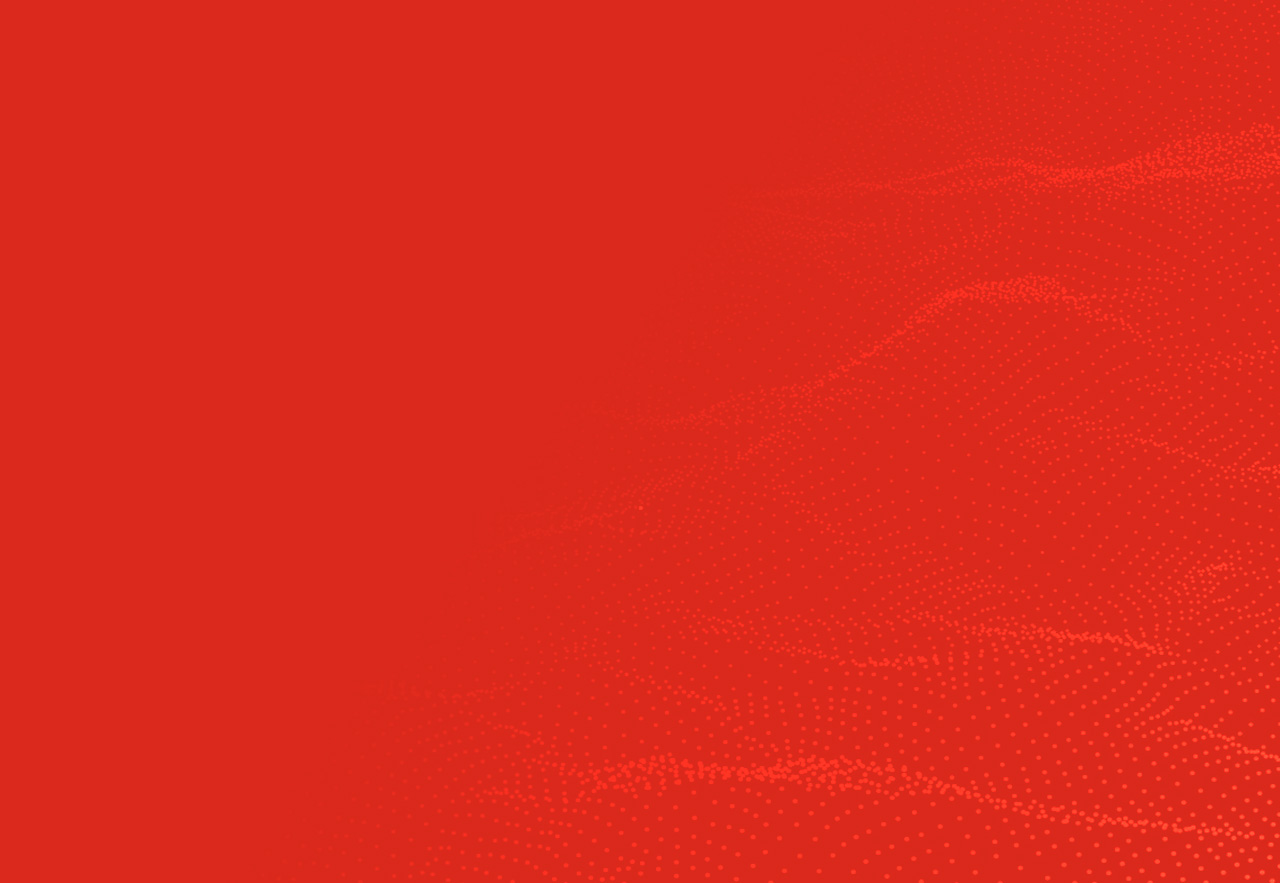By: CIFAR
10 Nov, 2015

The 2012 Nobel Prize in Physics was awarded this past October to former CIFAR Advisor, David J. Wineland, for inventing a method to manipulate individual quantum particles in the unpredictable subatomic world. This prize adds to the growing list of CIFAR-affiliated scientists awarded the Nobel.
Dr. Wineland’s groundbreaking work opened the door to a new era of investigation in the field of quantum physics – an area of science that has been previously dominated by theory due to the inherent challenges of experimentation. In the subatomic world, single quantum particles are not easily isolated and they lose their mysterious properties when they interact with the world outside, making it very difficult to confirm many theories through experiment.
Dr. Wineland and his laboratory in Boulder, Colorado, trapped electrically charged atoms in electric fields and performed experiments in a vacuum at extremely low temperatures. Using laser beams, the team was able to put these ions into different energy states simultaneously. Trapping the ions in this way helps researchers study the quantum properties of particles in order to better understand the rules of physics governing the subatomic world. Further research in this area may help pave the way for building quantum computers, as well as extremely precise clocks that could set the future standard of time.
Dr. Wineland was part of CIFAR’s Advisory Committee for the Quantum Information Processing program from 2002 to 2006.